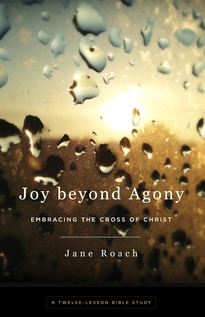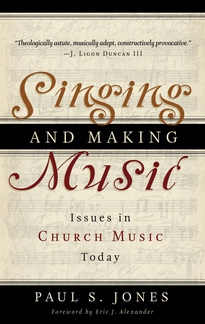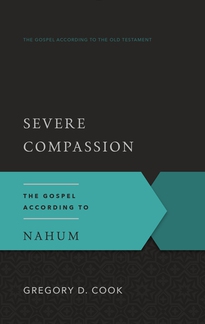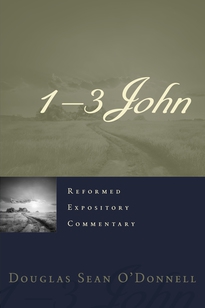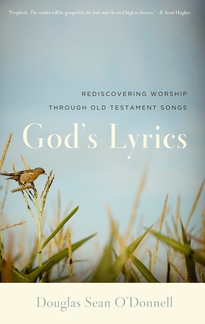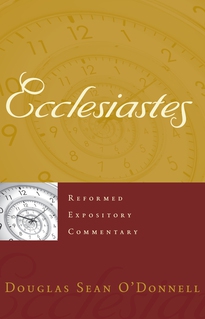Here is the Introduction to Joy beyond Agony: Embracing the Cross of Christ, A Twelve-Lesson Bible Study by Jane Roach.
Introduction: Digging Deeply
As you begin this Bible study, it is helpful to set spiritual goals—daily Bible study, focused prayer, growth in knowledge, love, patience, and so on. What are your expectations for your spiritual growth and your use of your time? Write them down and refer to them daily, asking God to help you attain them.
Lurking behind our goals and best efforts are our past failures in keeping up with them. These are the kinds of things that agonize us in our Christian life.
- We face the continuing struggle to love the unlovely people in our lives. Remembering how you have experienced God’s love when you have been unlovely is a motivation to persevere with others.
- We groan over the lack of self-discipline in daily Bible study and prayer. Scheduling a regular short time each day will have a higher yield over time than trying to do too much. The questions in each chapter will help you begin.
- We start our prayer list without addressing the one eternal God with praise and adoration. Our prayers focus on our felt needs rather than on our spiritual growth and the eternal good of others. Write a few short sentences that express appreciation for one attribute of God (who he is) and one act of God (what he has done through Christ). You can begin a new habit of prayer by speaking them aloud to God before presenting your needs to him. Remember to include the needs of others, perhaps presenting them to God before your own needs.
- We find ourselves captive to empty pursuits that gobble up precious time we could have used to read, pray, write a note, make a phone call, serve God, or help others. Identify your empty pursuits and begin to replace them one by one with something that honors God and helps others.
- We go to church expecting others to meet our needs while being oblivious to the body language and facial expressions that shout out the pain of another. We ignore the call for help with the activities of our church, begging for a later time that is more convenient. I have never found that God called me to something convenient. God calls us to die to ourselves in order to give life to others. He calls us before we think we are ready so that we will depend on him. The next time you attend church, ask God to open your eyes to see or hear about the needs of others. Trust him to help you reach out to them.
- The guilt of secret sins and the fear of discovery or rejection may hang over us. Jesus died so that we do not have to live with guilt and fear. Admitting your guilt and fear to God is the first step toward freedom from them.
- We may suppress the truth of our sin and think we are basically good. Yet we know the agony of wounding the spirit of another with unkind words, looks, or actions. We disrupt relationships that take a long time to restore. We hurt others by ignoring them. Confession of sin is a gift from God that provides assurance of forgiveness and cleansing (1 John 1:9).
No matter how shameful your past, how dreadful your present, or how hopeless your future seems, there is a way to break out of the frustration of life as you know it and to live with joy and eternal purpose. Jesus said, “I came that they may have life and have it abundantly” (John 10:10). Jesus endured the agony of his earthly life and cross by anticipating the joy of his completed work through his death, resurrection, ascension, and exaltation (Hebrews 12:1–2). We are called to follow Jesus’ example of running with endurance the race God sets before us. Although the pain and sorrow that are part of our race cannot compare to his agony, we, like Jesus, must run with our eyes fixed on the finish line. We press on, anticipating the surpassing joy of the abundant life in his kingdom today and our glorification forever.
Each lesson focuses on some aspect of Jesus’ cross that reveals the joy beyond the agony he endured for us. We will consider the gospel accounts along with Old Testament prophecies and promises and New Testament explanations and applications. Each lesson uses beautiful poetry expressed by gifted hymn writers to help us understand the cross. You can hear the tunes at www.cyberhymnal.org or YouTube.
When you read the words of “O Teach Me What It Meaneth” (Lesson 1), you understand that Lucy Bennett knew something of who Jesus was and what he did for her. She longed to know more. She wanted to plumb the depths of his person and work on the cross. Study the suggested hymn as you answer the questions. Put the ancient poetry into prose and vocabulary you can better understand. When you study Shakespeare, you read the language of his day. The same is true for hymn writers of the past who provide a great foundation on which to build. A friend recently told me that she appreciated the hymns when she began to study the Bible. She found herself exclaiming, “That’s in the Bible!”
May your study of Christ’s life in the Scripture and hymns help you to grow in your knowledge of him and his exceedingly great love for you. “O Teach Me What It Meaneth” might be your prayer as you begin each lesson and answer the questions for personal study and discussion. Writing your insights in the space provided below each question will cement them in your mind and heart. You will find deeper blessing if you complete your personal Bible study before reading the accompanying commentary. It is God’s Word, not mine, that gives life!
The Bible has many declarations about believers in relation to the cross of Christ. (When the New Testament uses “I” [or “we”] as an object of God’s redeeming love, it means one who believes, not every human being.) John wrote,
In this the love of God was made manifest among us, that God sent his only Son into the world, so that we might live through him. In this is love, not that we have loved God but that he loved us and sent his Son to be the propitiation for our sins. (1 John 4:9–10)
Paul declared, “I have been crucified with Christ. It is no longer I who live, but Christ who lives in me. And the life I now live in the flesh I live by faith in the Son of God, who loved me and gave himself for me” (Galatians 2:20). The truth is that Christ lives in me. My obligation is that I no longer live by my own strength; I live by faith in the Son of God.1* As you embrace Jesus’ cross by faith, you will begin to understand the joy that is set before you now and forever. Believers in Christ are assured of his presence now and confident that we will be glorified with him in eternity. This hope provides purpose, strength, and comfort for the agony of sorrow and suffering we may encounter.
1* See Steve Green, “Embrace the Cross,” on A Journey of Faith: Steve Green Live in Concert, Steve Green Ministries, Inc., 2012, compact disc.
Excerpt taken from Joy beyond Agony: Embracing the Cross of Christ, A Twelve-Lesson Bible Study by Jane Roach, pages 15-19, copyright 2015, P&R Publishing.

